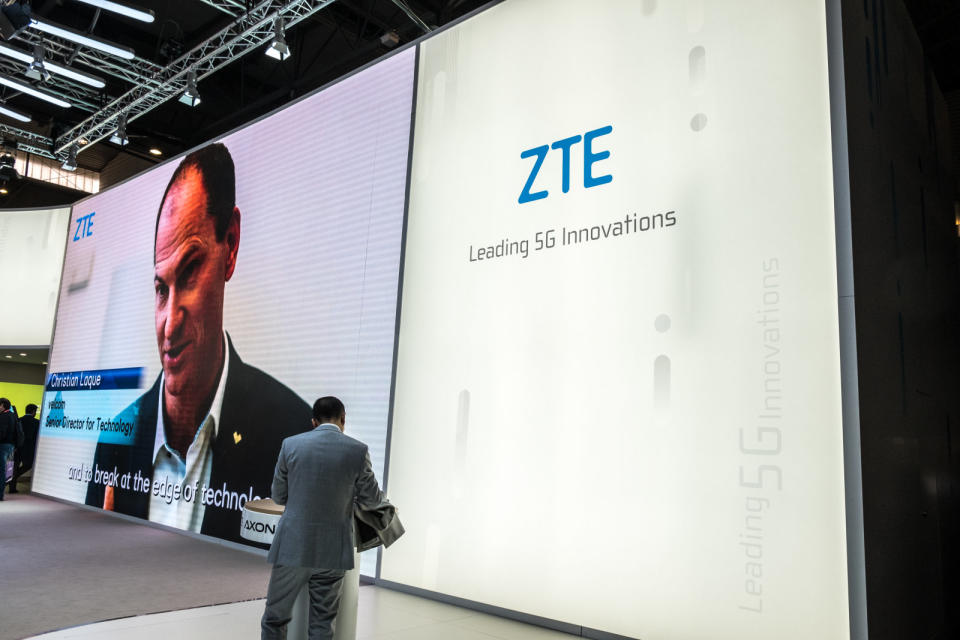ZTE faces revived US export ban over false statements
Officials claim ZTE blew its chance at redemption.
When the US Commerce Department slapped ZTE with $1.19 billion in penalties for illegally shipping telecom gear to Iran and North Korea (and making false claims about it), it offered a reprieve: it would suspend a seven-year export ban as long as the Chinese company honored an agreement and didn't break the rules again. Apparently, ZTE might have blown its chance at a break. Department officials have revived an order banning ZTE from exporting US products after accusing the company of lying about punishing those involved in the scandal.
The Commerce Department claimed that "all but one" of the ZTE staffers named in its letters got their full 2016 pay bonuses despite promises to the contrary, and that the expected letters of reprimand weren't issued until March 2018 -- a month after officials asked for information. ZTE acknowledged that it had made false statements, but said it was taking corrective actions (including bonus cuts for 2017) in addition to an ongoing "internal investigation." American officials weren't buying it, however. They saw this as the latest in a "pattern" of lying from ZTE, and that the company's confession was just an attempt to minimize the consequences of its actions.
The ban lasts until March 13th, 2025, and could have serious consequences for ZTE's business. While it's a Chinese company, some of its products may depend on American parts. This won't necessarily affect its phones as much as you'd expect (Qualcomm processors are typically manufactured outside of the US), but it may have to scramble to find alternatives to any component built within American borders.
We've asked ZTE for comment. However, it's doubtful the company will be happy. On top of the existing penalty and the threat of a resurrected export ban, ZTE was facing an FCC proposal that would effectively cut it off from dealings with the US government -- if it wasn't already convinced the US hated its guts, it is now. With that said, the allegations are particularly damning if true. They suggest that ZTE was willing to risk massive penalties just to avoid punishing a handful of people, even knowing that it was facing close scrutiny.

